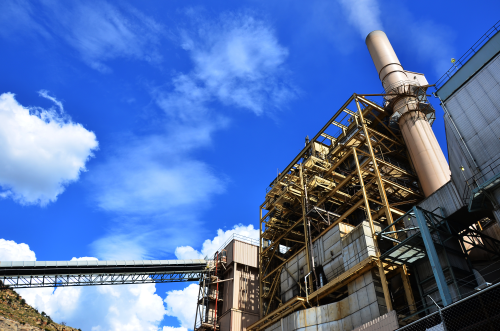
GE says that the patent-pending filtration technology provides an alternative to traditional 100 percent PPS (polyphenylene sulphide) felt typically used in these applications. According to the International Energy Agency, even though coal demand growth is slowing in the US due increased use of shale gas, coal’s share of the global energy mix is still rising, and by 2017 coal will come close to surpassing oil as the world’s top energy source.“It’s the next generation of air filtration media for coal-fired boilers,” says Jeff Ladwig, product manager-GE Power & Water, Air Filtration. “Our new bi-component PPS felt shows greater strength and higher filtration efficiency than traditional PPS felt.”The new bi-component PPS media forms a strong bond when laminated with GE’s Preveil™ ePTFE membrane. “A stronger membrane bond can improve filtration performance by helping achieve lower emissions for longer periods. It can contribute to better differential pressure and improved energy consumption due to the need for fewer cleaning cycles and lower pulse pressure,” says Ladwig.To produce the media, a high-strength, high-temperature polymer first is surrounded by a sheath of PPS to create bi-component fibres. Those fibres then are turned into felt, which is the preferred substrate for fabric filters used in coal power generation baghouses.“The new core delivers added strength over a traditional, all-PPS fibre,” says Vishal Bansal, principal engineer for GE Power & Water, Air Filtration. Together, the polymer core and its PPS sheath provide chemical and temperature resistance. “While ‘core/sheath’ fibre technology has been around for a number of years, our unique combination and felt developed for coal-fired baghouse filters is a new innovation for our customers.”


